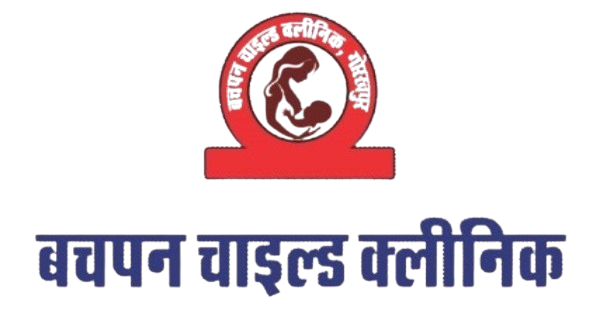Pneumonia is an infection that inflames the air sacs in one or both lungs, which may fill with fluid or pus, leading to symptoms like cough, fever, and difficulty breathing. It can be caused by bacteria, viruses, or fungi.
Symptoms
Common symptoms of pneumonia in children include:
- Cough: Can be dry or produce mucus.
- Fever: Often high, along with chills.
- Difficulty Breathing: Rapid breathing or shortness of breath.
- Chest Pain: Discomfort or pain when breathing or coughing.
- Fatigue: General tiredness and weakness.
- Loss of Appetite: Reduced interest in food or drink.
- Nausea and Vomiting: Occasionally present.
Causes
Pneumonia can be caused by:
- Bacterial Infections: Common bacteria include Streptococcus pneumoniae and Haemophilus influenzae.
- Viral Infections: Respiratory syncytial virus (RSV) and influenza are common viral causes.
- Fungal Infections: Less common but can occur, especially in immunocompromised children.
Diagnosis
- Medical History and Physical Exam: A healthcare provider will review symptoms and listen for abnormal lung sounds.
- Chest X-ray: To visualize the lungs and confirm pneumonia.
- Blood Tests: To identify the causative agent and check for inflammation.
- Sputum Culture: Analyzing mucus to identify the pathogen (less common in young children).
Treatment
- Antibiotics: Prescribed for bacterial pneumonia.
- Antivirals: May be used for viral pneumonia, depending on the virus.
- Supportive Care: Includes rest, hydration, and fever-reducing medications.
- Hospitalization: May be necessary for severe cases, especially in young children.
Prevention
- Vaccinations: Immunizations like the pneumococcal vaccine and flu vaccine can help prevent certain types of pneumonia.
- Hand Hygiene: Teaching proper handwashing to reduce infections.
- Avoiding Smoke Exposure: Reducing exposure to secondhand smoke, which can increase respiratory infections.
Complications
If untreated, pneumonia can lead to serious complications, such as:
- Pleural Effusion: Fluid accumulation around the lungs.
- Respiratory Failure: Difficulty in breathing requiring medical intervention.
- Sepsis: A severe systemic infection that can be life-threatening.
Conclusion
Pneumonia is a serious condition that requires prompt diagnosis and treatment. Parents should seek medical attention if their child exhibits symptoms, especially difficulty breathing, persistent high fever, or lethargy.
